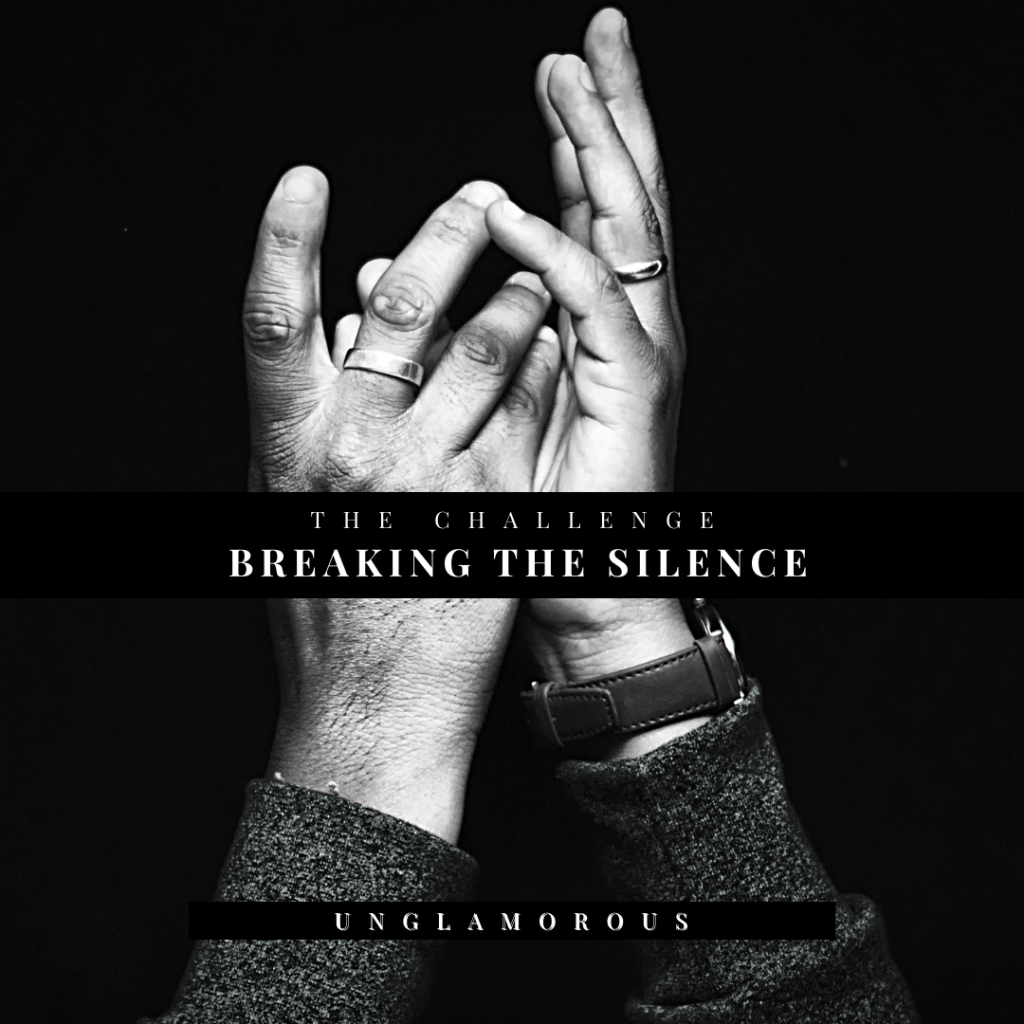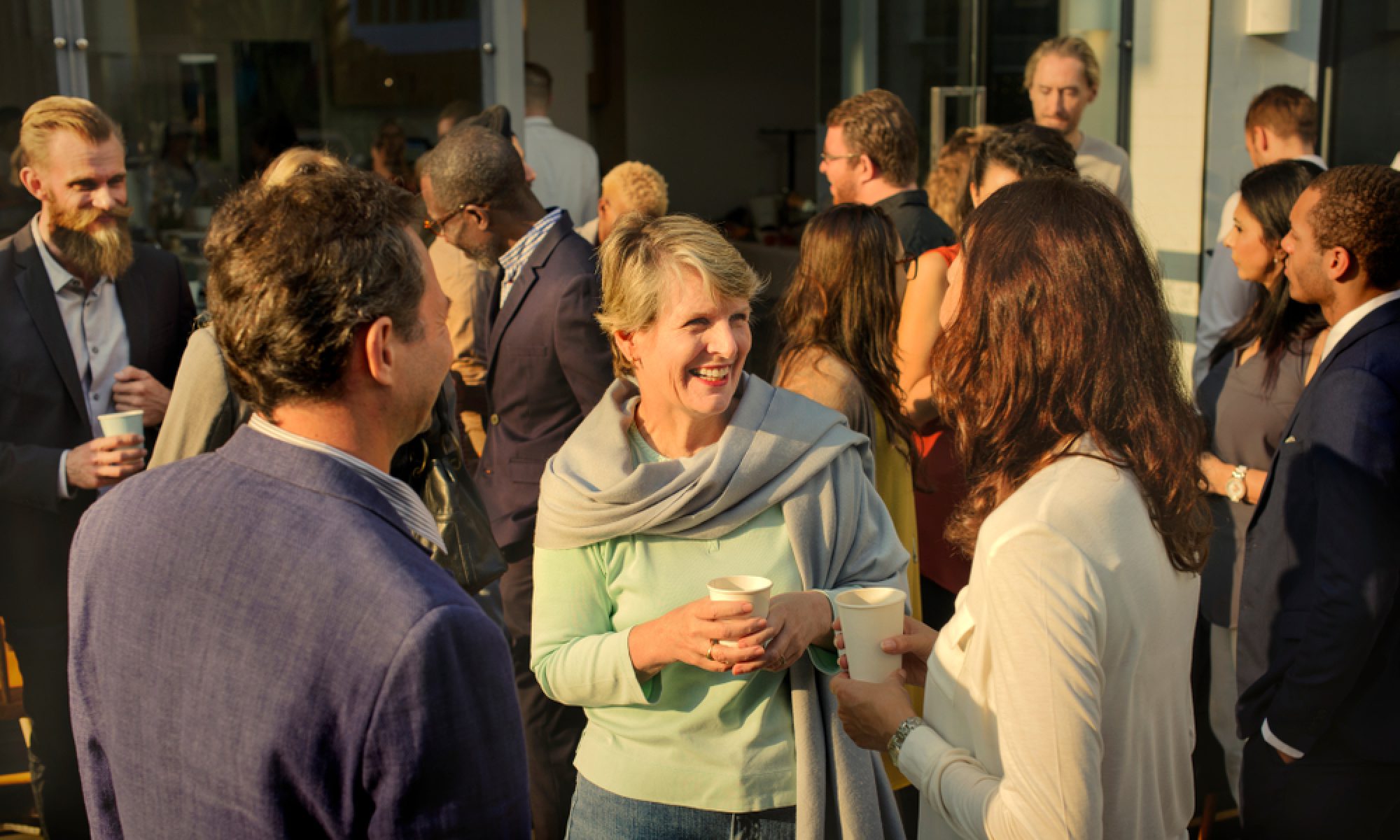During this time of isolation, we are sharing prayers, poems, inspirational music, videos and quotes that uplift our spirits in a special email newsletter each Tuesday. Here is an excerpt from our February 23 edition.

The Challenge: Breaking the Silence
Reflection
As a congregation, we are embarking on a five week journey to explore race and inequality from a Christian perspective. It includes a recorded zoom interview with a small group of dedicated people from our choir who have been exploring anti-racism over several months. In this first week we will look at The Challenge using excerpts from their conversation.
The Challenge:
Bó Bárdos: “As an immigrant from Hungary, my father said that Canada will never realize its full potential until it healed its relationship with the First Nations. I realized that I wouldn’t be able to reach my full potential unless I engaged in work that centralizes the voices and stories of those affected by systemic oppression, inequality and injustice. There’s a reciprocity there. How do we move forward together?”
Kathy Hull: “My whole nursing career was community based. I worked in racialized communities and heard daily reports of guns and gangs. When you met with people, you could feel their fear. They had to teach their sons how to behave safely with police. As a white person, I was not challenged by police which was the antithesis of their experience. But I did not go beyond and think about the systemic changes that were required.”
Nora Wilson: “The murder of George Floyd was a turning point for me because of the arrogant entitlement of the white policeman. Our WWIT group (Wise Women in Training) decided to focus on anti-racism studies for the year. I feel that we can’t just stand back and watch black people fight for justice alone. We have to actively join their struggle and become more aware of how we can help make the playing field more equal by speaking up and taking a stand.”
Wendy Moulsdale: “I couldn’t understand the pain and lived experience of those participating in the protests. I was making assumptions and presumptions.”
Connie Roden: “The more you think about it, the more you read, the more you know the work you have to do.”
Kathy Hull: “The more I focus on this, I continue to encounter examples of racism, micro-aggressions, and behaviours and attitudes that might have slid over me… but now I realize the prevalence is awful and breathtaking.”
Connie Roden: “I think it’s time we put ourselves in an uncomfortable place, to challenge ourselves, to be the people we want to be.
Wendy Moulsdale: “We can share the discomfort and acknowledge each other’s pain. I want to think how I can enact the United Church creed.”
Bó Bárdos: “Discomfort is an indicator that progress is being made. If we’re just patting each other on the back, we’re not doing what we came here to do.”
Maggie Wilkinson: “We need to be the groundswell. Start contacting elected officials to get action going.”
Kathy Hull: “It’s important for white people to talk to white people, to educate and consciousness raise. Black people don’t feel comfortable doing that with white friends. I can encourage people of white privilege to walk in someone else’s shoes and become an ally.”

